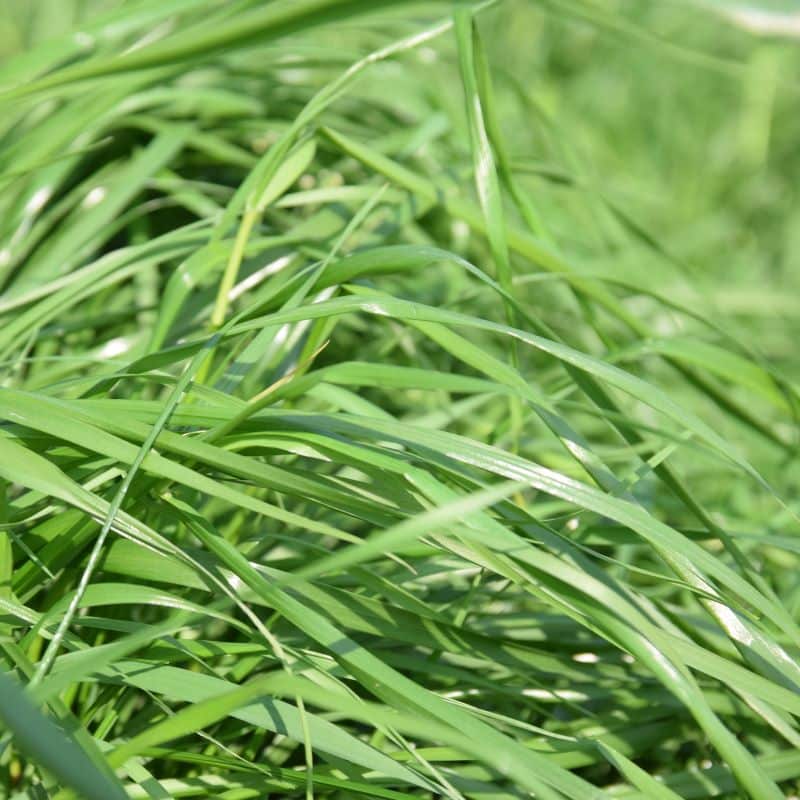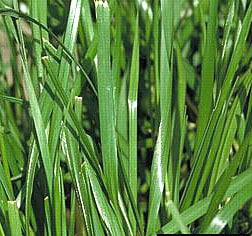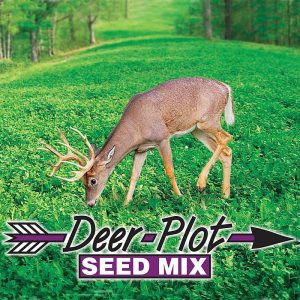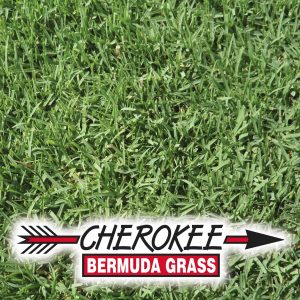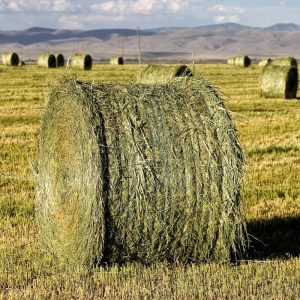| Type: | Annual Ryegrass | Height: | 4 feet |
| Usage: | Hay, Pasture | Seeding Rate: | 25-30 lb / acre |
| Plant: | Sept – Nov 10 |
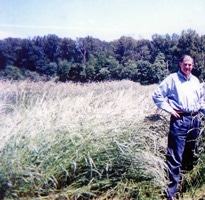
- Andes is a tetraploid annual ryegrass developed
from DLF’s very successful variety Abundant.
Compared to Abundant, the variety Andes has a
higher dry matter yield, improved resistance to rust
and leaf blight diseases and a better cold tolerance.
Proven across the South.
• Early Strong Growth
• Easy Transition
• High Forage Quality
• Cold Tolerant - The Advantages of a Tetraploid Over Common Diploid Varieties:
- Wider Leaves = Better Palatability
- Higher Tonnage Yield
- Higher Water & Sugar Content
- High Nitrogen Requirement
- pH Range (5-6.5)
- High Protein for Pasture & Hay
- Bred for Vigor & Disease Resistance
- No Way is as Productive or Grows in as Cold of Weather as Cold Grazer Cereal Rye
- A Winter Annual = Fall Plant
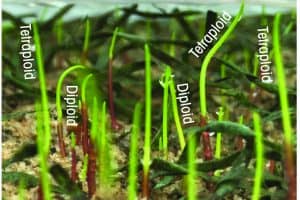
Tetraploid seedlings emerge faster than diploids
The benefits of tetraploid technology have been appreciated in agriculture for many decades, with tetraploid perennial ryegrasses highly valued for their rapid establishment, cool temperature growth and increased environmental stress tolerance, extending the grazing season.
Ploidy refers to the number of complete sets of chromosomes within the nucleus of each plant cell. Polyploid plants contain more than two sets of chromosomes within each cell. Chromosomes are thread-like structures arranged in linear pairs, the word Chromosome is derived from the Greek words chroma (colour) and soma (body). This provides a clue as to how tetraploid perennial ryegrasses are capable of delivering some exceptional benefits.
